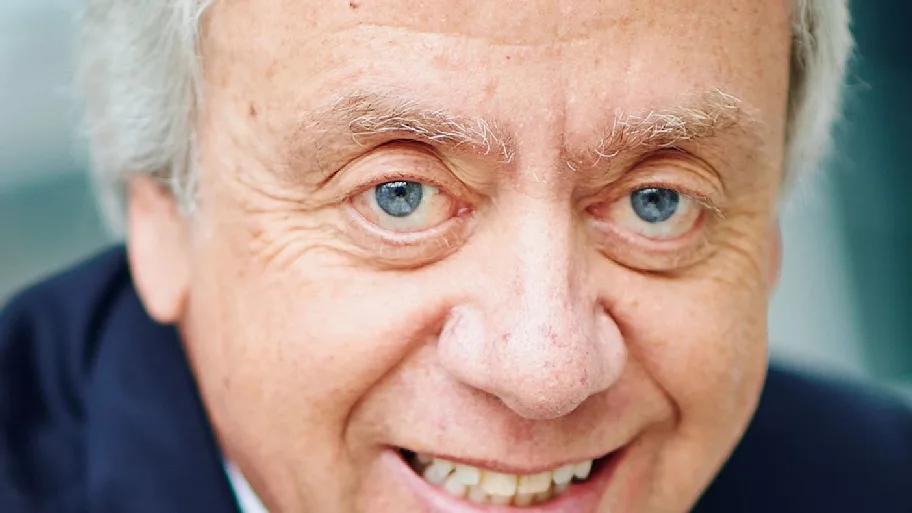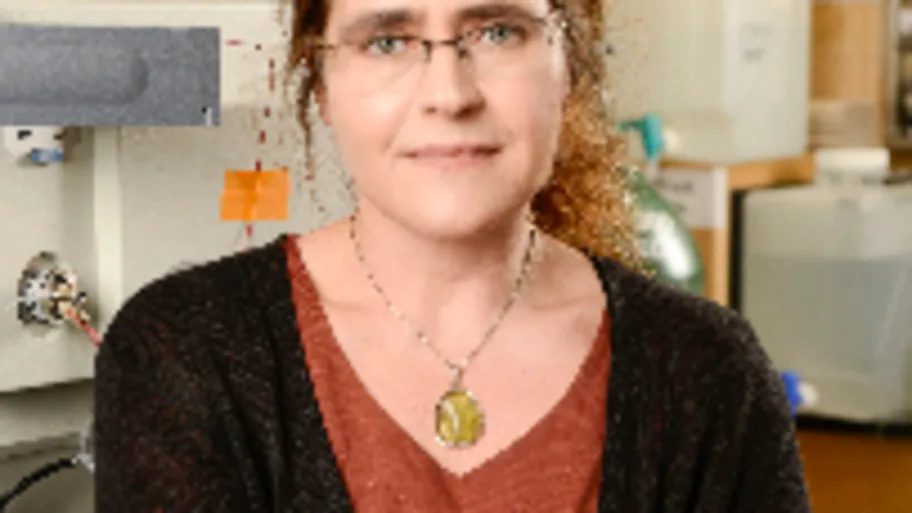
- Science news
- Frontiers news
- ‘We shall not cease from exploration’ – Professor Joseph Heitman and Professor Anuradha Chowdhary in the fight against antifungal resistance
‘We shall not cease from exploration’ – Professor Joseph Heitman and Professor Anuradha Chowdhary in the fight against antifungal resistance

Image: Shutterstock
This new journal section on Fungal Pathogenesis will enable multidisciplinary researchers in the field of fungal genomics, host interactions and clinical mycology to openly share their research with the international community.
The ease with which we can access quality healthcare, novel therapies and widely-available medicine is unprecedented in our history. Yet, as we develop new, ground-breaking treatments for disease, we are not the only ones evolving. Pathogenic microbes adapt to the drugs we use to fight them and antimicrobial resistance (AMR) is now a major concern among healthcare providers and government sectors. The World Health Organization estimates that around 490,000 people developed a resistance to multiple drugs used to cure tuberculosis and AMR further threatens our ability to effectively treat HIV and malaria.
It is an issue that Specialty Chief Editors for Fungal Pathogenesis, Professor Joseph Heitman of Duke University and Professor Anuradha Chowdary of the University of Delhi, fully recognize and seek to address.

Specialty Chief Editor Professor Joseph Heitman
“Fungi are eukaryotic organisms and thus more similar to their hosts than bacterial or viral pathogens,” explains Professor Heitman. “As such, they are more difficult to treat as their cellular machinery is closer to the hosts.”
Professor Chowdary tells us that mycology journals in the last decade remain limited and therefore this is the most opportune time to launch this section in Frontiers in Cellular and Infection Microbiology. It will enable multidisciplinary researchers in the field of fungal genomics, host interactions, and clinical mycology to openly share their research with the international community.

Specialty Chief Editor Professor Anuradha Chowdhary
“Antifungal resistance in human pathogenic fungi is the most crucial challenge that medical mycologists are witnessing worldwide,” says Professor Chowdhary. “Furthermore, issues of cross-resistance in fungi to both medical antifungals and agriculture antifungals (fungicides) have implications in both clinical settings and food security.”
A globally recognized pioneer in the study of model and pathogenic fungi, Professor Joseph Heitman has received numerous awards for his outstanding contributions and achievements in furthering our understanding of infectious diseases, including the AMGEN award from the American Society for Biochemistry and Molecular Biology, the Squibb award from the Infectious Diseases Society of America, and the NIH Merit award.
“The open dissemination of knowledge seeks to harness the diversity of thought and perspective on our planet, and in so doing accelerate the pace of discovery to impact science and medicine, and thereby improve human health,” he says.
Professor Anuradha Chowdhary is a leading figure in the field of antifungal resistance, molecular typing and the epidemiology of emerging pathogenic fungi. She has utilized her expertize to help combat a key global threat, providing her expertize to the World Health Organization for the Development of the Global Report on Antimicrobial Resistance.
“Open Access disseminates to many sections of the research community thus enhancing the impact of the study. Notwithstanding the fact that low income countries benefit the most from Open Access,” she says.
In discussing his career and his hopes for his own contributions to the field, Prof. Joseph Heitman offered the following poem, encapsulating what many researchers across the world may see as their own inspiration for the daily fight against global issues:
“We shall not cease from exploration,And the end of all our exploringWill be to arrive where we startedAnd know the place for the first time.”
T.S. Eliot from “Little Gidding”, Four Quartets
Fungal Pathogenesis is now open for high-quality article submissions and welcomes Research Topic proposals.
Follow us on Twitter at @FrontCellInfect and sign up for our article alerts to be the first to receive new research and updates!






